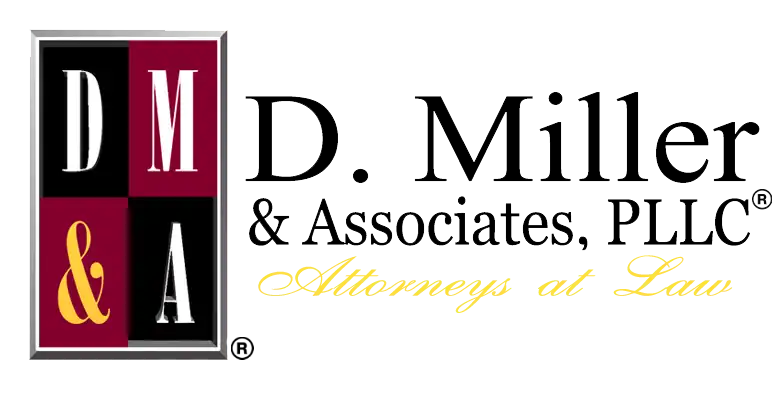Even though rideshare apps are relatively new, Texas has laws in place that allow you to hold Uber, Lyft, and other rideshare company drivers responsible for damages that occur in accidents they cause.
Understanding how an insurance claim works after this type of accident, however, is more complex than it may seem. The way rideshare companies operate is unique, and this may make it difficult to determine which insurance policy is in effect at the time of a crash.
If you suffered injuries in an accident a careless Uber or Lyft driver caused, there is a way for you to pursue compensation to cover your expenses and losses. The personal injury team from D. Miller & Associates, PLLC, can explain your legal options for compensation and help you navigate the process. Call us today at 713-850-8600 for a free case evaluation with a Sugar Land Uber and Lyft accident lawyer.
Damages From a Sugar Land Rideshare Accident
If you can prove the rideshare driver caused your accident and the resulting damages, you can collect compensation for almost any type of related expense or loss. It is easy to underestimate these damages, however. Many accident victims enlist the help of an attorney who can ensure they cover all their bases when calculating the value of their claim. Failure to do so may leave you paying out-of-pocket for future care or other accident-related expenses.
Some of the most common types of damages we recover for our clients after an Uber or Lyft crash include:
- Medical expenses;
- Lost wages;
- Future lost income;
- Ongoing care costs;
- Property damage;
- Out-of-pocket expenses; and
- Pain and suffering.
We can help you calculate the full value of your damages and fight for a payout that is fair to you and gives you the compensation you need and deserve. We will go to bat for you, and we will not settle for a payout that leaves you struggling to pay your bills.
Understanding What Makes Rideshare Accident Claims So Complex
Texas, like many other states, did not have comprehensive laws in place to regulate liability insurance coverage for Uber and Lyft operators a decade ago. Because ridesharing is a relatively new concept, it took some time for laws to catch up. The current rideshare law took effect in 2016.
This law requires the drivers to have their own individual coverage that pays out when they are not working, as well as in some situations when they are. The rideshare company must also provide coverage, both as a contingency to the driver’s individual coverage and to serve as the primary coverage in some situations.
While this law ensures you have protection no matter when an Uber or Lyft driver caused your accident, it also makes it harder to determine which insurance company is responsible for paying for your losses.
When you enlist our help with your case, we will identify the applicable insurance policy and file a claim based on it. We can usually settle this type of claim without needing to go to court. Instead, we negotiate a fair settlement based on the damages you suffered. Very rarely will we need to file a personal injury lawsuit and go in front of a judge to ask for the compensation you deserve.
Understanding Uber and Lyft Accident Insurance Coverage
In general, the easiest way to understand which insurance company is responsible for your claim after a rideshare driver causes your crash is to determine whether the rideshare driver was working when the accident occurred, and what they were doing at the time.
They Were Not on the App
If the Uber or Lyft driver was not on the app at the time of the crash, their individual auto liability policy should pay out to cover your damages. Even if they do work as a rideshare driver, unless they logged into the app before your crash, this proceeds as a normal car accident claim.
When the Driver Is on the App Looking for a Rider
Even if the driver is logged into the app and looking for a passenger, their personal auto liability policy still remains the primary insurance coverage. However, the rideshare company must provide contingency coverage in the event that:
- The driver’s insurance provider denies the claim;
- The driver is uninsured or underinsured; or
- You suffer severe injuries and the driver’s policy does not cover the full extent of your damages.
Uber’s contingency coverage
provides up to $50,000 per individual and $100,000 per accident, in addition to $25,000 for property damage. Lyft offers a similar policy for their contingency coverage in Texas.
When the Driver Is En Route to a Passenger or Has a Rider
When a driver is on the app and actively engaged in providing a service—meaning they are on the way to pick up a rider or already have a passenger in the car—the rideshare company’s liability insurance policy becomes the primary coverage. Most rideshare companies provide a $1 million liability policy during this period. This policy should pay out any time the rideshare driver causes an accident, both to cover injuries their passengers suffer and to compensate injured occupants of other vehicles.
When You Are a Rideshare Rider
If you suffered injuries as a rideshare passenger, there are several different insurance situations that may occur:
- If your rideshare driver caused the accident, the rideshare company’s $1 million liability policy should pay out;
- If another driver caused the accident, their auto liability insurance policy should cover your damages; or
- If another driver caused the crash, but does not have insurance, the rideshare company’s $1 million uninsured/underinsured motorist coverage should pay out.
We can help you understand who is liable for your Sugar Land rideshare accident damages and handle the claims process for you. We will fight for fair compensation based on the full extent of your losses.
Reach out to an Uber and Lyft Accident Lawyer in Sugar Land
The Uber and Lyft accident lawyers at D. Miller & Associates, PLLC, are here to help you get the money you need and deserve after a Sugar Land rideshare accident. Call us today at 713-850-8600 for your free case evaluation, and let us go to work for you.

